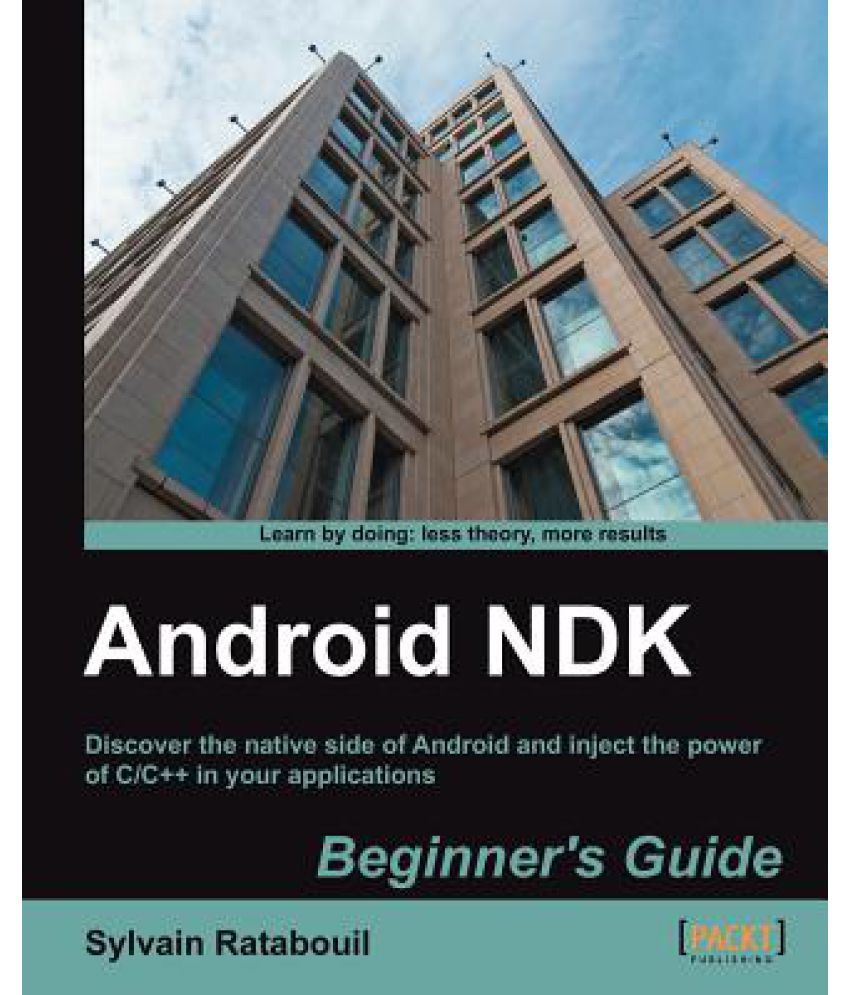
The NDK can, however, can be an effective way to reuse a large corpus of existing C/C++ code. When examining whether or not you should develop in native code, think about your requirements and see if the Android framework APIs provide the functionality that you need. Simply re-coding a method to run in C usually does not result in a large performance increase.

Typical good candidates for the NDK are self-contained, CPU-intensive operations that don't allocate much memory, such as signal processing, physics simulation, and so on. In general, you should only use native code if it is essential to your application, not just because you prefer to program in C/C++. As a developer, you need to balance its benefits against its drawbacks notably, using native code does not result in an automatic performance increase, but always increases application complexity. The NDK will not benefit most applications. If you have not run into any limitations using the Android framework APIs, you probably do not need the NDK. Using native code does not result in an automatic performance increase, but always increases application complexity. The fundamental Android application model does not change.
#Android ndk for both arm and intel apk
apk file and they still run inside of a virtual machine on the device. If you write native code, your applications are still packaged into an. It provides headers and libraries that allow you to build activities, handle user input, use hardware sensors, access application resources, and more, when programming in C or C++. The Android NDK is a companion tool to the Android SDK that lets you build performance-critical portions of your apps in native code.

Watch the top applications in action on Android Market Place or Publish your own apps.Īccess to the entire platform source database and provides you a chance to learn Android. Android plateform enables mobile apps developers to easily create useful mobile applications.


 0 kommentar(er)
0 kommentar(er)
